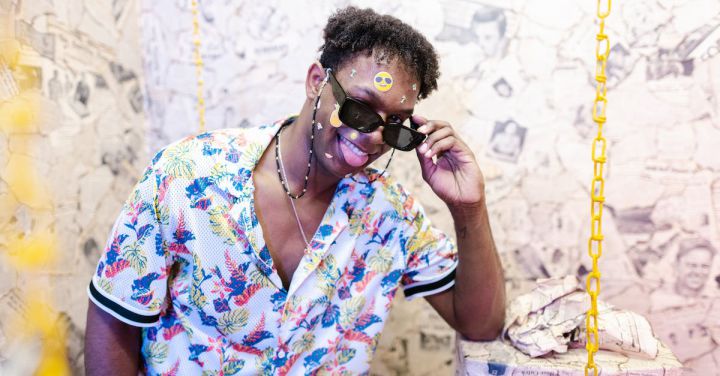What’s the History of Comedy at Street Festivals?

Street festivals have always been a vibrant celebration of culture and community, bringing people together to enjoy music, food, and various forms of entertainment. Among the most popular forms of entertainment at these festivals is comedy. The art of making people laugh has been a staple of street festivals for centuries, providing a much-needed escape from everyday life. In this article, we will delve into the fascinating history of comedy at street festivals, exploring how it has evolved over time and why it continues to be a beloved tradition.
Ancient Origins of Street Festival Comedy
The origins of comedy at street festivals can be traced back to ancient times. In ancient Greece, street festivals called “panhellenic games” were held to honor the gods, and comedy was an integral part of the festivities. Comedic plays were performed in open-air theaters, providing entertainment for the masses. These early comedies often featured exaggerated characters, slapstick humor, and witty wordplay, captivating audiences with their cleverness and absurdity.
Medieval Jesters and Fools
During the Middle Ages, street festivals took on a different form, and comedy was often provided by jesters and fools. These entertainers would perform comedic routines and engage with the crowd, using humor to comment on social and political issues. Jesters were skilled in acrobatics, juggling, and magic tricks, adding an element of spectacle to their performances. Their wit and comedic timing made them beloved figures at street festivals, and their role in entertaining the masses continued well into the Renaissance.
Commedia dell’arte: The Birth of Modern Street Festival Comedy
In the 16th century, a new form of street festival comedy emerged in Italy called commedia dell’arte. This theatrical style featured improvised performances by a troupe of actors, each playing a stock character with exaggerated traits. Commedia dell’arte became immensely popular and spread throughout Europe, with performances taking place at street festivals and marketplaces. These comedic shows featured physical comedy, farcical situations, and witty banter, captivating audiences with their energetic and humorous performances.
Modern Street Festival Comedy
As street festivals evolved over time, so did the style of comedy performed. In the 20th century, stand-up comedy became a prominent feature at street festivals. Comedians would take to the stage, sharing personal anecdotes, social commentary, and clever one-liners, all designed to elicit laughter from the crowd. Stand-up comedy provided a more intimate and interactive form of entertainment, allowing performers to connect directly with their audience.
Today, street festival comedy continues to thrive, with a diverse range of comedic styles and performances. Improvisational comedy troupes entertain crowds with their quick thinking and hilarious sketches, while physical comedians captivate audiences with their slapstick humor and comedic timing. Street festivals also provide a platform for up-and-coming comedians to showcase their talent, often leading to greater opportunities in the entertainment industry.
The Importance of Comedy at Street Festivals
Comedy plays a vital role in street festivals, providing a much-needed source of laughter and entertainment. It brings joy to people’s lives, fostering a sense of community and togetherness. Laughter has been proven to have numerous health benefits, reducing stress, boosting mood, and strengthening social bonds. Street festival comedy serves as a reminder of the power of humor to uplift and unite people from all walks of life.
In conclusion, comedy has a rich and fascinating history at street festivals, from the ancient Greek plays to the jesters of the Middle Ages, commedia dell’arte of the Renaissance, and modern stand-up comedy. It continues to be an integral part of street festivals, bringing laughter and joy to audiences around the world. So, the next time you find yourself attending a street festival, be sure to take a moment to appreciate the comedic performances that have been entertaining crowds for centuries.